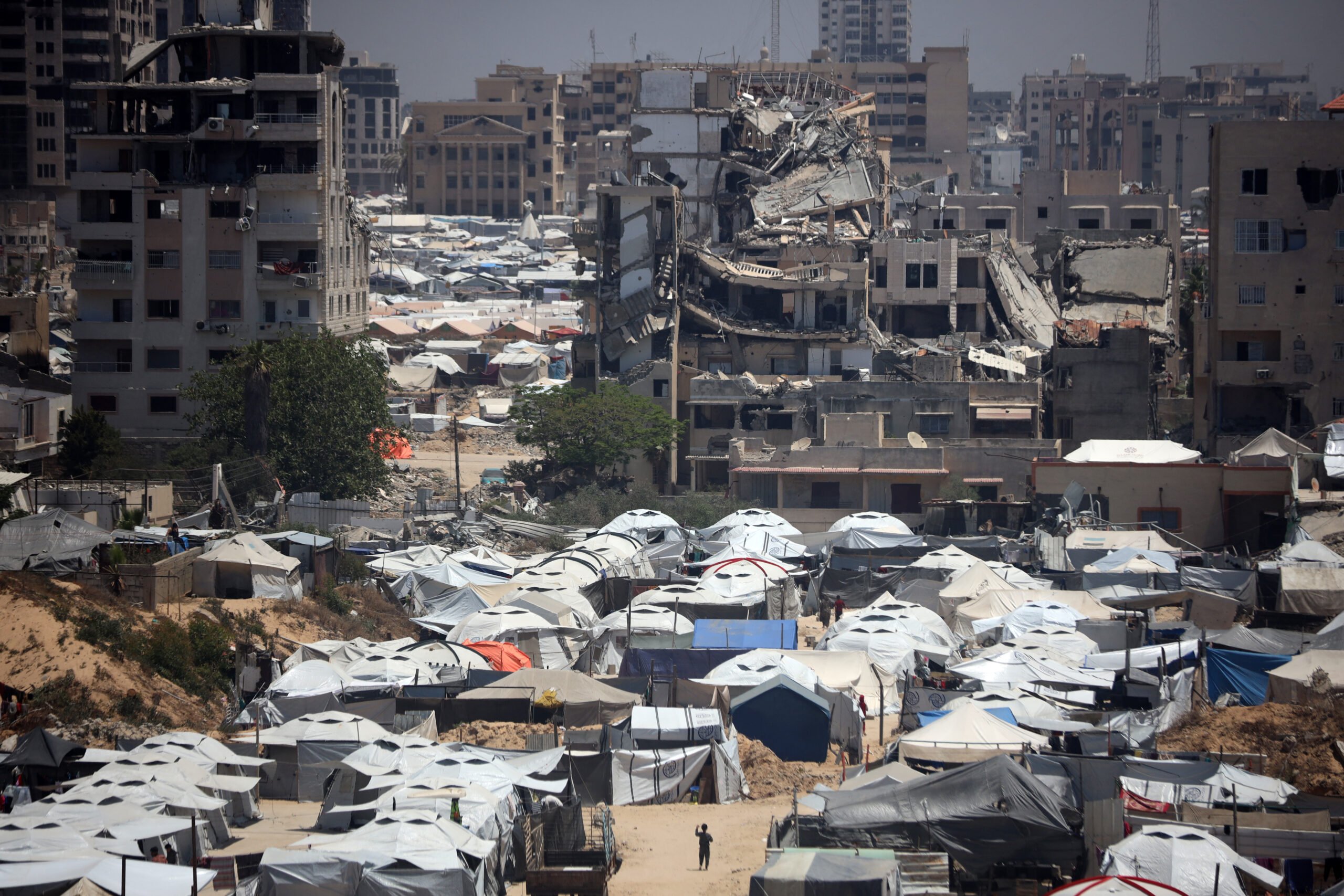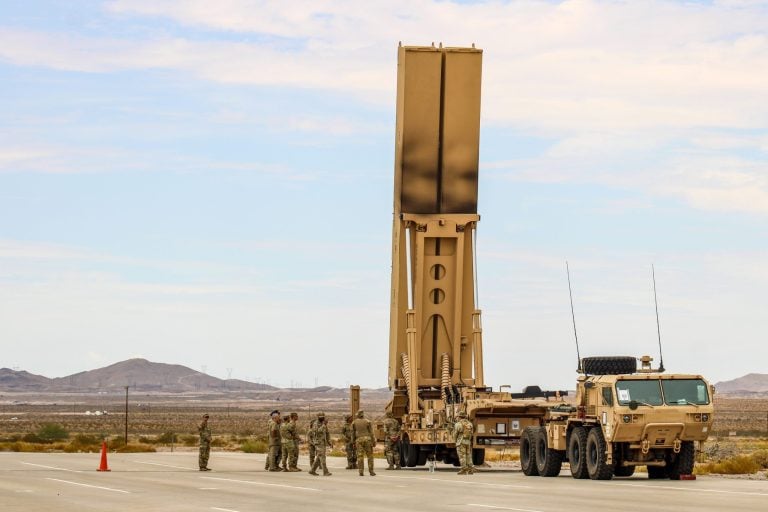The Trump administration is reportedly considering a drastic plan to relocate the entire population of Gaza and establish a U.S.-administered trusteeship over the territory. According to a report by the Washington Post, this proposal emerges in the aftermath of the devastating war between Israel and Hamas in 2023, which left significant destruction throughout the Gaza Strip.
Under this plan, Gaza would be transformed into what is envisioned as the “Riviera of the Middle East”— a tourism resort and high-tech hub aimed at reshaping the Palestinian territory that many hope to see as part of a future state. The implementation of this vision would last at least 10 years, utilizing a prospectus that outlines the measures needed to carry out the initiative.
The proposal suggests relocating the enclave’s entire population of around two million people. This could occur through voluntary departures to other countries or through confinement in secured zones within Gaza during the reconstruction process. In a move aimed at facilitating this transition, landowners in Gaza would receive digital tokens from the proposed trust, which could be used to initiate new lives elsewhere or to redeem for residences in newly constructed “AI-powered, smart cities” planned for the region.
The report highlights that the idea has been met with mixed reactions. While Israeli Prime Minister Benjamin Netanyahu has praised the notion of U.S. control over Gaza, it has sparked significant backlash from various European and Arab nations. The State Department has yet to issue a public response to the plans.
Recent discussions regarding postwar Gaza included a meeting chaired by Trump without any announced outcomes or details shared with the public. The administration body overseeing Gaza under this proposal would be called the Gaza Reconstitution, Economic Acceleration and Transformation Trust, or GREAT Trust.
Notably, the architectural and logistical development of this proposed plan appears to be inspired by the same group of Israeli individuals involved in the U.S.-Israeli-backed Gaza Humanitarian Foundation, which has faced scrutiny from aid organizations and the United Nations over its operations within Gaza. The UN has reported that Israeli forces have killed over 1,000 Palestinians in the region amid food aid distribution efforts since the foundation’s inception, with a significant number of these casualties occurring near the organization’s operational sites.
As the situation evolves, this proposed shift in governance and the treatment of Gaza’s populace continues to raise questions about the future of the region and its residents.







